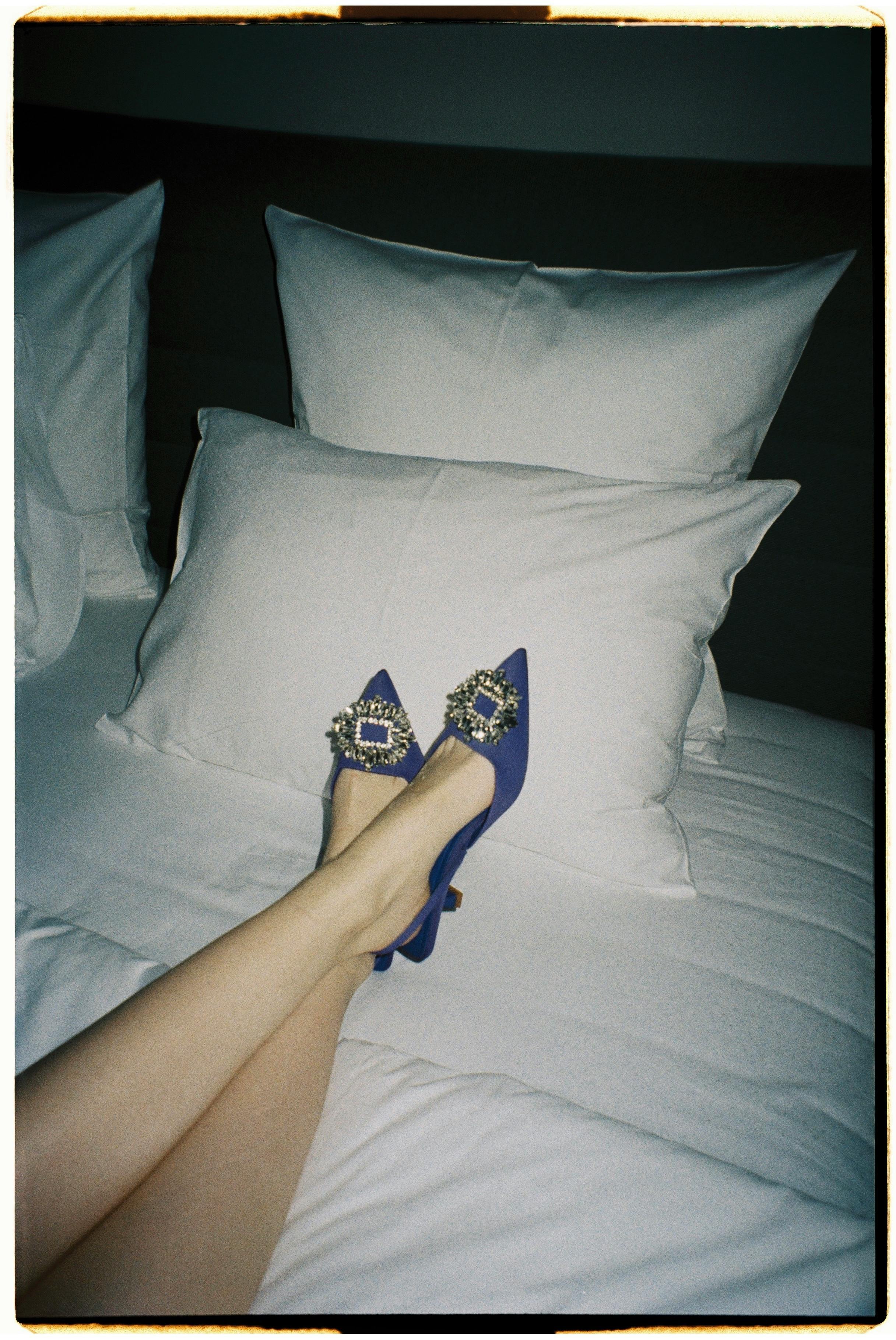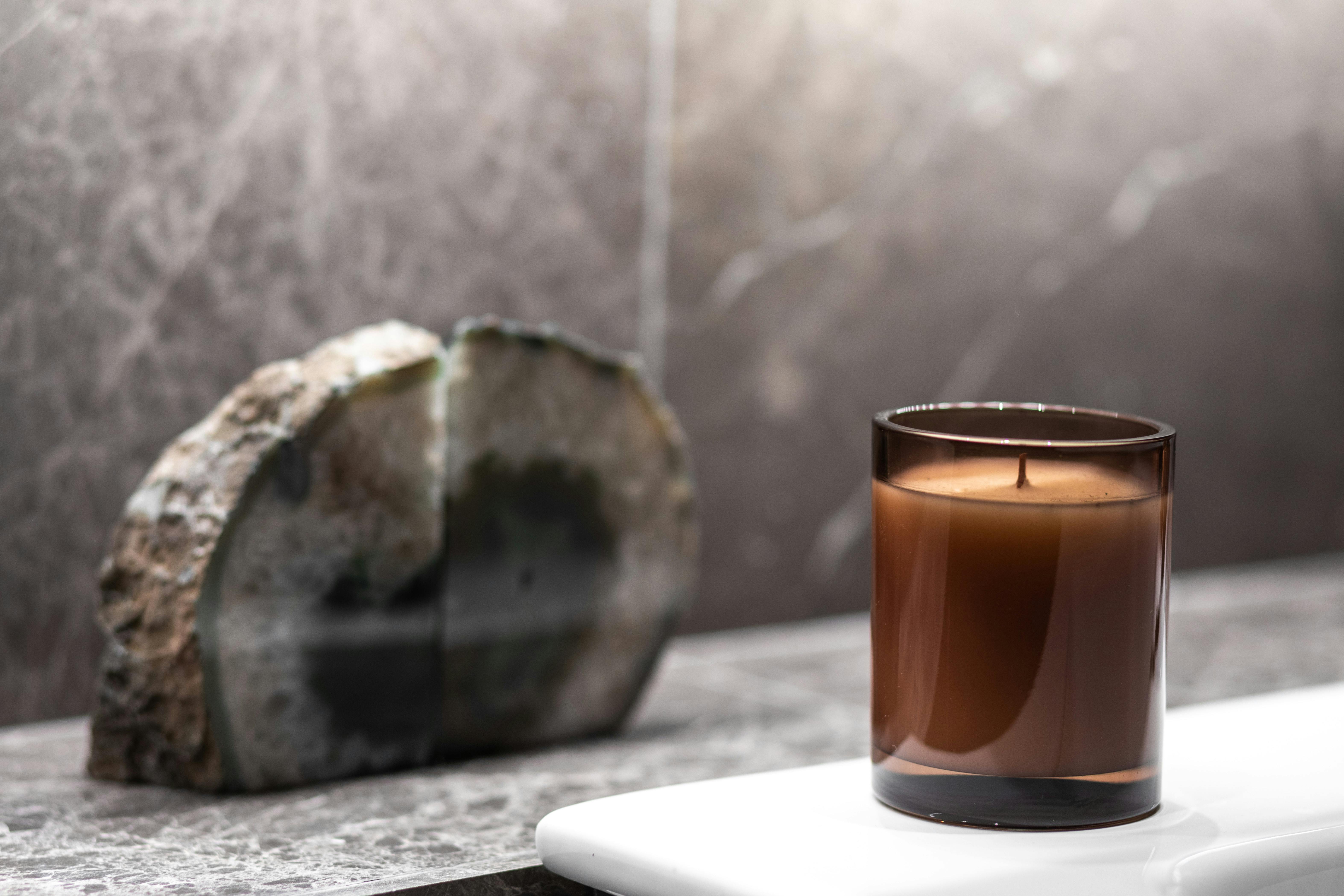
Smart Ways to Determine How Long to Hear Back After Your Interview in 2025
After attending a job interview, it's common for candidates to be anxious about the waiting period before receiving feedback or results. The time frame for hearing back after a job interview can vary widely based on numerous factors, including the company's recruitment process and the specific role being filled. Understanding the expected wait time for interview results can help alleviate some of this anxiety. In this article, we'll explore effective strategies for managing this waiting period, what to expect from employers regarding communication timelines, and how to follow up post-interview professionally.
By using smart approaches, candidates can ease their anticipation of interview results and stay proactive. We'll discuss post-interview response time, best practices for follow-up, and how to interpret silence from potential employers. Understanding these elements will equip individuals with the knowledge to navigate the job application interview expectations successfully. Finally, to enhance your insights on recruitment practices, feel free to check out some related articles here and here.

Understanding the Average Response Time After Interviews
Having clarity on the average response time after interviews can significantly reduce job interview feedback waiting period anxiety. The typical hiring process duration can range from a few days to several weeks depending on various factors such as company size and urgency of filling the role. Small companies may respond faster due to fewer decision-makers, while larger organizations take more time for evaluations and budget considerations.
Often, employers provide candidates with a time frame for when they can expect feedback during the interview. However, this timeframe isn't always accurate due to unforeseen circumstances like changes in hiring priorities or scheduling conflicts among interviewers. Therefore, managing expectations by understanding the typical interview process response time can be beneficial.
For candidates, one tip is to note down any timelines given by the employer during the interview. If the employer stated that a decision would be made within a week, use that as a guideline to decide when to follow up professionally.
What to Expect from Employers
Understanding employer communication timelines after interviews can help candidates gauge their waiting period. Many organizations have structured protocols whereby they contact candidates within a specific timeframe after interviews - usually within a week or two. However, some employers may communicate faster, especially if they are running a rapid recruitment process.
Another important aspect is recognizing that employers may approach post-interview communication differently. Some may prefer sending an email, while others may make direct phone calls. This variability in communication preferences can further impact the time to hear back from employers.
Being aware of these communication norms can help applicants tailor their follow-up strategies effectively.
Proactive Follow-Up Measures
Implementing effective strategies for interview follow-up is crucial for candidates aiming to enhance their chances of success. If a week has passed without communication, consider sending a polite follow-up email to inquire about the status of your application. In this email, express gratitude for the opportunity, reaffirm your interest in the position, and politely ask about the decision timeline.
Many candidates hesitate to follow up due to fear of being perceived as pushy, but a courteous follow-up can demonstrate your enthusiasm for the role and help you stand out. Additionally, timing your follow-up appropriately—after the specified response period—can show professionalism and dedication.
Managing Expectations Post-Interview
After an interview, managing expectations is key to navigating the waiting game. Understand that delays are common in the hiring process; they can stem from factors such as competing candidates, extended discussions between hiring teams, or evaluations requiring more time.
Adapting a mindset of patience will help mitigate stress. It's beneficial to continue applying for other positions while you await feedback on your interviews. This strategy ensures you don’t put all your hopes on one role, thereby relieving pressure on expectations related to a single job opportunity.
Follow-Up and Communication Etiquette
After understanding the average response time, it's essential to delve into job interview follow-up etiquette to ensure a successful post-interview engagement strategy. Follow-up communication should be thoughtful and appropriately timed, maintaining a balance between eagerness and professionalism. An average waiting period for job acceptance feedback is usually a week, but this can vary greatly.
When crafting follow-up emails, personalize your message by referring to specific moments from your interview that excited you about the role. This not only keeps you fresh in the interviewer’s mind but also shows your genuine interest.
Common Interview Follow-Up Mistakes
While following up is important, candidates must avoid common pitfalls. One frequent mistake is following up too soon—for instance, reaching out within 24 hours of the interview can come off as desperate. Instead, aim for a one-week mark unless stated otherwise.
Another mistake is sending overly long or vague emails. Keep your follow-up succinct, focused, and to-the-point, while still warmly expressing eagerness about the position. Following up respectfully while leaving room for employer timelines is crucial.
Checking In on Application Status
Additionally, checking in on job application updates can be strategic. Utilize the follow-up period to reflect on your interview experience and the job you applied for. Demonstrating continued engagement can enhance your candidacy status in the eyes of the employer.
When inquiring about the status, refer to the specific role you interviewed for, and ask about any updates regarding the hiring process. This approach shows that you value the company's time and are still interested without being intrusive.
Anticipation of Interview Results
As candidates approach the post-interview wait time, it's natural to experience anticipation about interview results. Understanding that variations in employer communication can impact this anticipation is essential; some may inform candidates immediately while others take longer to finalize decisions.
If a lengthy period elapses with no updates, this could be an opportunity to enhance your understanding of communication dynamics in recruitment. Exploring feedback loops after interviews could help you identify strategies to bridge any gaps in communication.
Understanding Hiring Processes
Grasping the intricate details surrounding hiring decisions is fundamental. Companies often engage in extensive discussions and considerations regarding applicants, leading to extended response times. Understanding the factors affecting recruitment decisions can help candidates remain patient while waiting for their desired outcomes.
Moreover, understanding company-specific hiring timelines will provide clarity about what to expect post-interview. Many companies outline their hiring timelines in job postings or during interviews, giving candidates insight into what they should anticipate.
Building Rapport During Follow-Ups
Finally, building rapport during follow-ups is advantageous. Tailoring your messages based on prior interactions during the interview can foster a sense of familiarity. When candidates connect with hiring managers on platforms like LinkedIn post-interview, it reflects a proactive effort that can further enrich the candidate's profile in the minds of employers.

Conclusion: Resolving Doubts After Interviews
In conclusion, knowing how long to hear back after an interview is essential for managing stress during the waiting period. Candidates should aim to understand employer response time factors, maintain engagement through appropriate follow-ups, and effectively manage their expectations. By employing smart interview follow-up strategies, candidates position themselves as proactive individuals who treasure opportunities.
As hiring dynamics evolve, adapting to these strategies will not only increase your immediate responsiveness post-interview but will also cultivate essential skills for your future job applications and interviews.